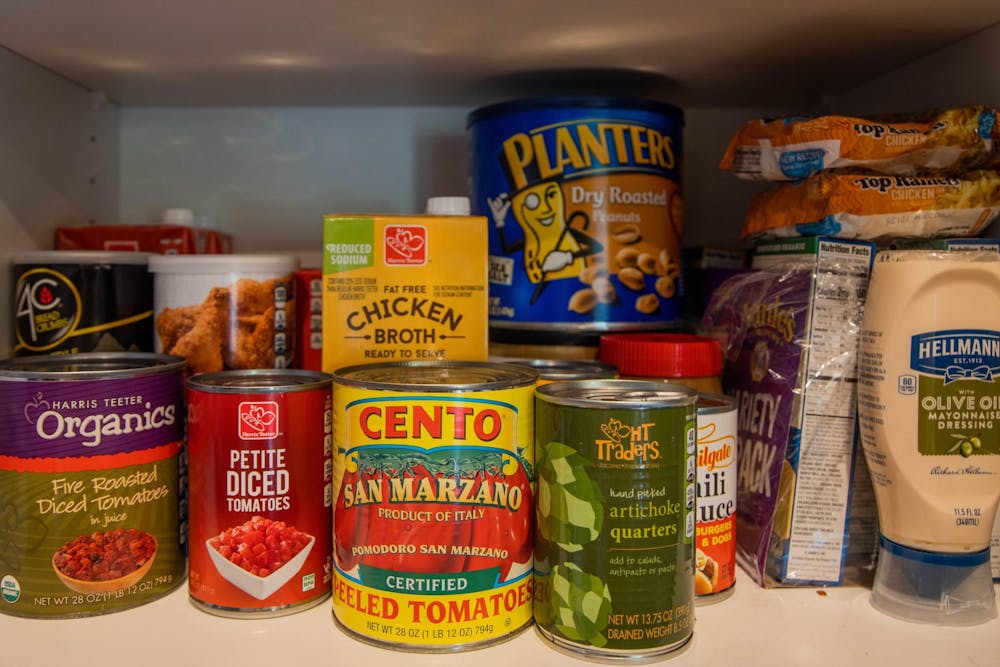As families battle newfound and existing food insecurity in the wake of coronavirus, the North Carolina Department of Health and Human Services’ new Pandemic Electronic Benefit Transfer program (P-EBT) aims to reduce the effects of hunger until schools can reopen.
According to a press release from the NCDHHS, the P-EBT program will provide families who qualify for free or reduced lunch with cards that will be loaded with funds they can use to purchase food.
“Families will receive about $370 in P-EBT benefits per child, provided over two installments. Families can use the P-EBT benefit to purchase food items at EBT authorized retailers, including most major grocery stores,” the release stated.
The release also stated that families who already have Electronic Benefit Transfer cards receive additional funding to be loaded on the card, and families who qualify for the program but do not already have the cards will receive them in the mail.
Sherita Cobb, the director of student support services for Orange County Schools, said that students who are not currently enrolled in the free or reduced lunch program can still participate in the program, including those whose family's financial situation has recently changed because of the pandemic.
“We do have families in the district that the parents just don’t apply for whatever reason for free or reduced lunch, so it's available to them as well, as well as newly unemployed people, so anyone who as a result of COVID-19 has lost their job or their income has been displaced, and that includes undocumented parents in our community as well,” Cobb said.
Christine Cotton works as a consultant with the Food for Students program in the Chapel Hill-Carrboro City Schools district and is a co-founder of PORCH, a volunteer hunger relief organization based in Chapel Hill. The P-EBT cards can be used alongside other nutrition support programs put on by the local districts, Cotton said
“The P-EBT cards can be used at grocery stores, farmers markets as well as for food delivery services if needed,” Cotton said. “We provide food for breakfast, lunch and snacks and the P-EBT funds could be used to support families with all other food needs.”
Cotton said that CHCCS is distributing food to students at 37 distribution sites across the district where boxed meals are available every day, and delivering meals to high-risk communities.



